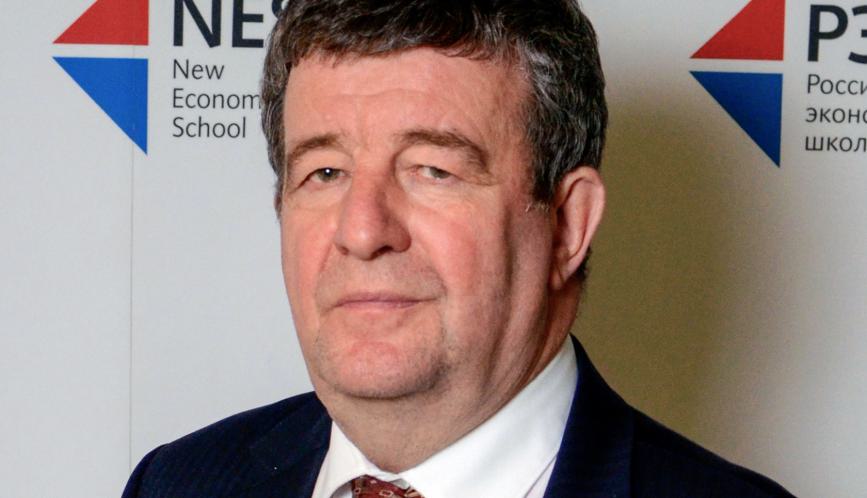MIP network member Shlomo Weber is the Rector of the New Economic School (NES), Moscow, and the Professor Emeritus, Southern Methodist University, Dallas. He also serves as Academic Head of the Center for the Study of Diversity and Social Interactions at NES. He is a member of the executive committee and the board of directors of the Global Development Network (GDN). His research interests incude political economy, microeconomic theory, welfare economics, and price theory. He is also a co-organizer of the 2017 NES-HCEO Summer School on Socioeconomic Inequality.
Describe your area of study and how it relates to current policy discussions surrounding inequality.
The main focus of my recent research is an attempt to quantify and understand the impact of various types of societal diversity on economic outcomes, social developments, and political institutions. A societal diversity may assume various forms: income and wealth inequality, as well religious, linguistic, historical, and geographical differences within and across various population groups. It is also important to stress the link between economic inequality, various types of non-economic diversity, and societal polarization. I am involved in both theoretical work outlaying the basis for a proper measurement of inequality and diversity, and of empirical studies studies that are built on theoretical foundations, especially with regard to developing countries.
What areas in the study of inequality are most in need of new research?
In my view, a link between economic inequality and growth remains a very important topic of the agenda in the field. However, in order to avoid misguided general statements, we need to conduct a careful examination of economic inequality across different ethnic, religious, and linguistic groups, as well as geographical regions. In the same vain, a decomposition inequality and diversity within gender, age, and ethnic groups can shed a light on recent economic and political developments across the globe.
What advice do you have for emerging scholars in your field?
There is no doubt that the issues of societal diversity and polarization, and economic diversity will continue to play an important role both in academic research and policy discussions for many years to come. Inequality and diversity are here to stay, and moreover, their impact becomes more visible and profound everywhere. It attracts an increasing attention from policy makers and media, which could lead to over-simplistic and hurried conclusions. It is crucial to stay on course in doing a solid theoretical and empirical work in the field of a rapidly raising societal importance.



